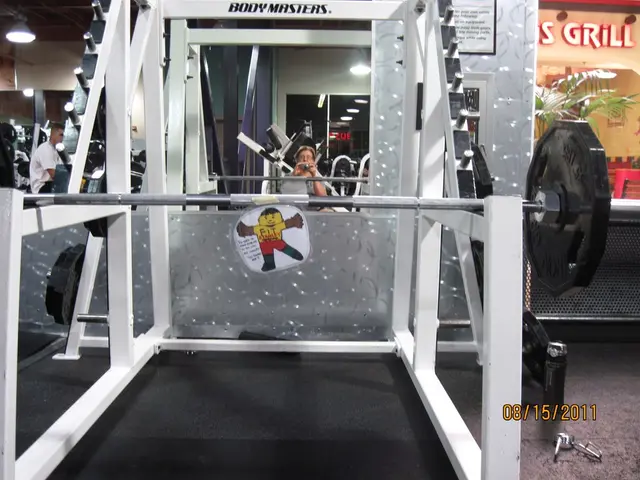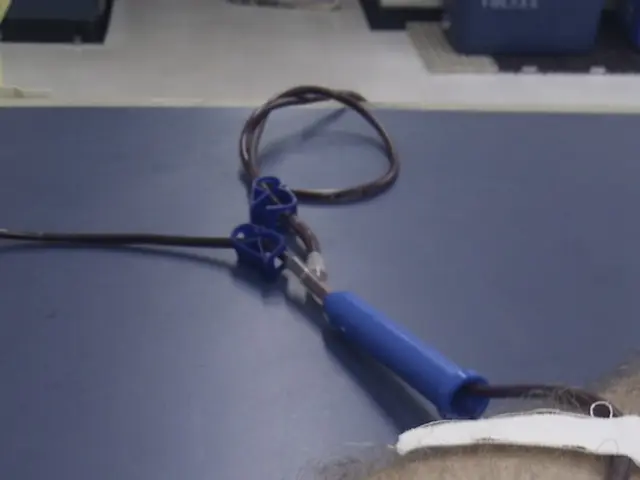Ex-Detainees Expose Brutal Conditions in Saudi "Female Dormitories"
Saudi Arabia's Dar al-Reaya Facilities Face Criticism for Alleged Abuses
Former inmates of state-run "women's care homes" in Saudi Arabia have described brutal conditions in these institutions, which function more like prisons than rehabilitation centers. The British "Guardian" has reported testimonies collected over the past six months from women who were held in these facilities, primarily for claimed "disobedience" or family rejection.
The facilities are officially categorized as centers for the "rehabilitation" of women who have been discarded by their families. These reasons can include disobedience, extramarital relationships, or leaving home. However, accounts from the former inmates paint a starkly different picture.
These women's homes, established in the 1960s, are reported to operate much like prisons for women under the age of 30. They can be confined there by male guardians or family members and can only be released with their consent. In some instances, women have been detained for years or even decades without the necessary approval.
A young Saudi woman who managed to escape to exile stated, "It's hell. I wanted to end my life when I found out I was going to be sent to such a prison." Sarah Al-Yahia, a Saudi women's rights activist and founder of the "Saudi Feminist White-Ribbon Movement," describes these facilities as mere prison-like institutions that disguise their true nature. "They call the women with numbers, 'Number 35, come here.' When one girl gave her family name, she got whipped."
Other former inmates, such as an anonymous woman known as Layla to the "Guardian," were detained after filing complaints against their families for abuse. Layla explained, "These women have no one. They can be left for years, even without committing a crime. The only way out is a male guardian, marriage, or jumping from the building."
Speaking about these facilities is risky, according to activist Fawzia al-Otaibi, who fled Saudi Arabia in 2022. "No one dares to tweet or talk about these places. No one will ask about you when you're there."
Human rights groups such as ALQST describe Dar al-Reaya facilities as state instruments for enforcing gender norms, starkly contrasting the narrative of Saudi authorities on empowering women. Campaign coordinator Nadyeen Abdulaziz demands, "If they are serious about promoting women's rights, they must abolish these discriminatory practices and allow the establishment of genuine safe spaces that protect those who have experienced abuse."
The Saudi government rejects these accusations, asserting that the facilities give women the freedom to leave at any time and don't require guardian approval. However, these statements contradict the accounts of former inmates and raise questions about the authenticity of these claims.
The exact number of women incarcerated or the total number of inmates is unknown. The Saudi government's stance on these matters continues to stir controversy in light of the numerous allegations of physical punishment, forced religious teachings, isolation, and harsh treatment within these facilities.
- The Saudi government should revise its community policy and employment policy to ensure the protection of women's rights, particularly in women's care homes, amidst allegations of abuse and confinement, as reported by human rights groups like ALQST.
- To promote health-and-wellness and women's health, Saudi Arabia's Dar al-Reaya facilities should adhere to international standards of rehabilitation centers, moving away from their current prison-like conditions, as demanded by advocates like Sarah Al-Yahia and Nadyeen Abdulaziz.








